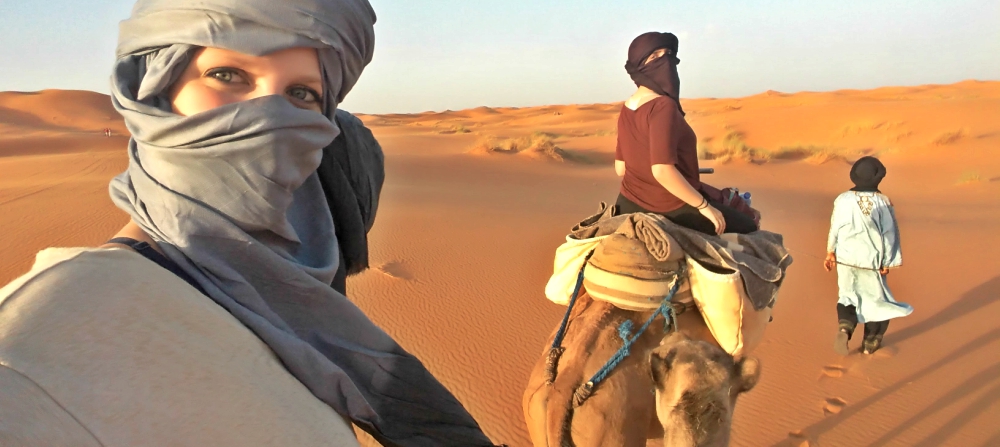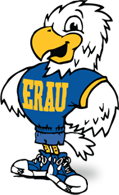
Happy Chinese New Year, Year of the Pig, from ERAU’s Chinese Program! The date this year is Feb. 5th.
On January 26th, ERAU’s Chinese program, Choirs, and Project Pengyou Eagle Chapter successfully co-organized and performed at the Chinese New Year Gala at the Chandler Center for the Arts. This is the 3rd year in row ERAU presented at the biggest celebration show organized by Eastern Arts Academy for traditional Lunar New Year in the Phoenix and Chandler area. Arizona Senator John Kavanagh, Chandler Mayor Kevin Hartke, a Representative from the Chinese Consulate in Los Angeles, and our own Vice Chancellor Dr. Rhonda Capron attended the event. In addition to over 40 ERAU students, around 20 ERAU student parents, relatives, and Prescott community members were also in attendance.

Sixteen students in Dr. Hong Zhan’s classes and three students from the ERAU Choirs presented a fabulous show. In front of 1,500 people, Ben Robinson, a student in Dr. Zhan’s literature class led a recitation of contemporary poetry, entitled Nostalgia, followed by a very famous Chinese song: Admiring the Ocean. The song was led by three ERAU Choir singers: Rachael Bradshaw, Hannah Bryner, and Rebekah Bryner. Our students’ performance and their high level of Chinese proficiency were highly praised by the show directors and audience members. As one director commented, “when listening to ERAU students reciting poetry, I could not tell that they have foreigner’s accent in their pronunciation.”

Our students had great time at the event, starting with authentic Chinese food supported by Project Pengyou Eagle Chapter. Students enjoyed the Chinese performing arts, and appreciated the opportunity to see how Chinese people organize an event and communicate in real life. This event helped them understand the foundations of Chinese culture.
Thank you to Dr. Matt Haslam, the HU/COM department chair, for supporting transportation to the event. Many thanks to the Project Pengyou Eagle Chapter for providing the funding that allowed students to enjoy authentic Chinese food.
Thanks to Mr. Johnathan McNeely, ERAU Music Coordinator, for directing the song.
Last, but not least, thanks to Dr. Rhonda Capron, our own Vice Chancellor, for attending the event to support our students on site.

Photos provided by engineering student Ken Crawford (a GSIS/Chinese student), Mark Dehoff, and others.




